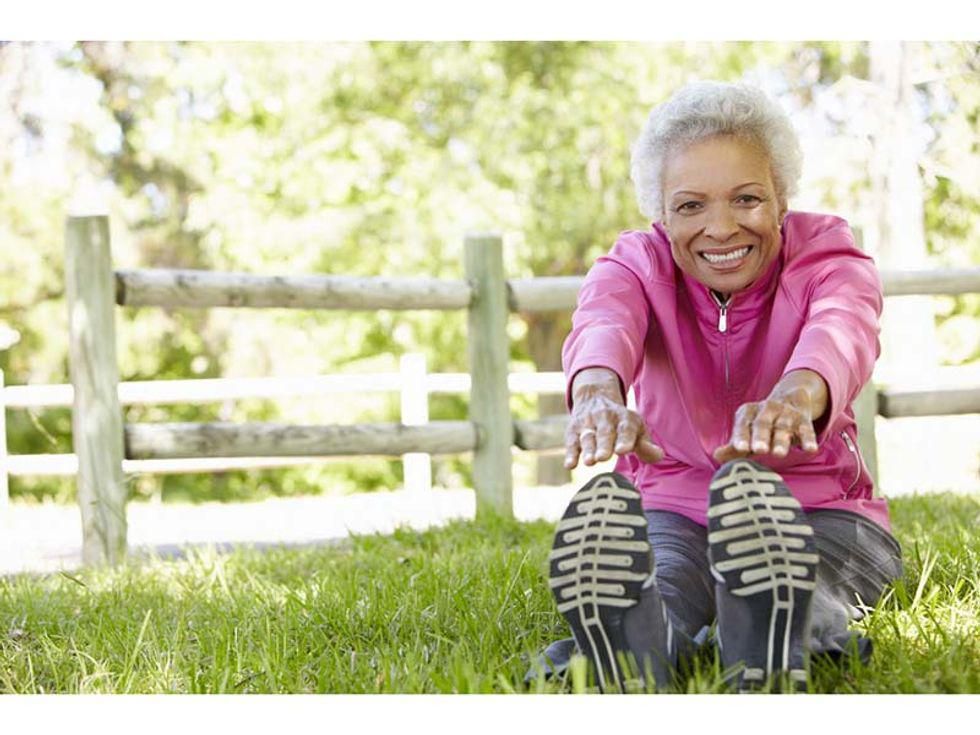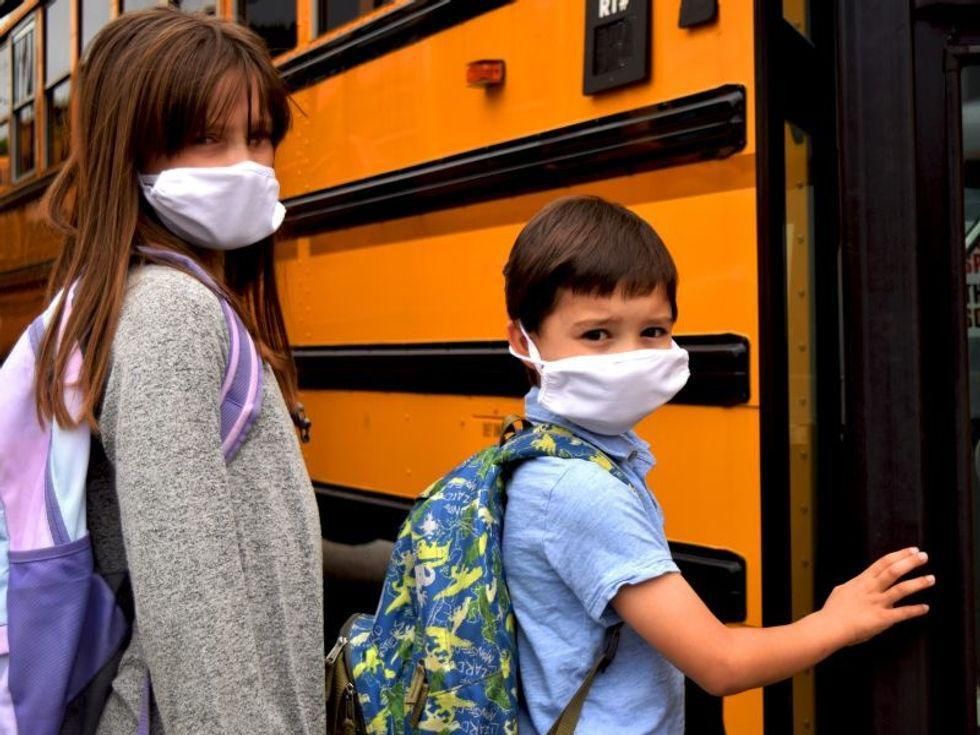
Children who are breastfed, even for a short time, have lower blood pressure than those who only receive formula, researchers say. read on >

Children who are breastfed, even for a short time, have lower blood pressure than those who only receive formula, researchers say. read on >

About one in 20 kids hospitalized with COVID-19 develop debilitating brain or nerve complications that could haunt some for a long time, a new British study reports. Children with severe infections can suffer from brain inflammation, seizures, stroke, behavior changes, hallucinations and psychosis. About one-third of the stricken kids had symptoms that didn’t resolve in… read on > read on >

Breathing in smoke from wildfires may significantly increase the spread of COVID-19, researchers say. The warning, from a new study of links between smoke-caused air pollution and SARS-CoV-2 infections, comes as firefighters battle 80 large wildfires in the western United States. The largest — 300 miles south of Portland, Ore. — covers over 500 square… read on > read on >

Women on hormone replacement therapy (HRT) for menopause go on to have a 58% lower risk of Alzheimer’s disease and other neurodegenerative conditions, a new study finds. Although the study wasn’t designed to prove cause and effect, the findings could point the way to new treatments for such diseases, according to the researchers. “This is… read on > read on >

The U.S. government issued its most dire warnings against travel to Britain on Monday as coronavirus cases surged in that country while nearly all COVID-19 restrictions were lifted in an effort to restart the economy. Both the U.S. State Department and the U.S. Centers for Disease Control and Prevention announced Level 4 travel alerts and… read on > read on >

Indiana University’s mandate that most students be vaccinated in order to attend classes was upheld by a federal judge on Monday in what may be the first such ruling in the United States. The decision came in a lawsuit involving eight students who claimed the vaccine requirement violated their right to bodily integrity and autonomy,… read on > read on >

The U.S. medical field is less dominated by white men than it used to be, but there are still few Black and Hispanic doctors, dentists and pharmacists, a new study finds. The study, which looked at trends over the past 20 years, found that white men no longer make up the majority of physicians and… read on > read on >

If you’re a parent, here’s another reason to encourage your kids to get a good education: Children’s educational successes or failures can impact their parent’s physical and mental health, new research suggests. For the study, researchers at the University at Buffalo in New York analyzed data from the ongoing U.S. National Longitudinal Study of Adolescent… read on > read on >

Prescriptions for U.S. children fell by about one-quarter during the COVID-19 pandemic, with prescriptions for antibiotics alone plunging by more than 50%, a new study finds. The findings are a “national picture of prescription drug dispensing to children before and during the pandemic. It will be important to monitor whether the reductions we demonstrate are… read on > read on >

All U.S. students, teachers and staff should wear masks when in school, regardless of their vaccination status, the American Academy of Pediatrics (AAP) said Monday. That guidance runs counter to recommendations released by the U.S. Centers for Disease Control and Prevention earlier this month: Those guidelines said teachers and students who are vaccinated can enter… read on > read on >